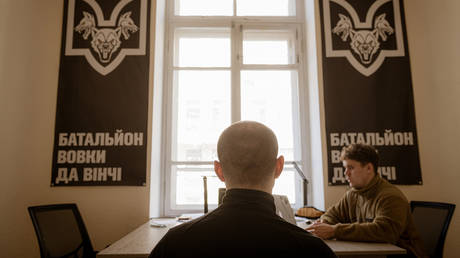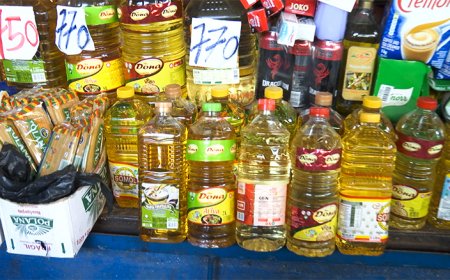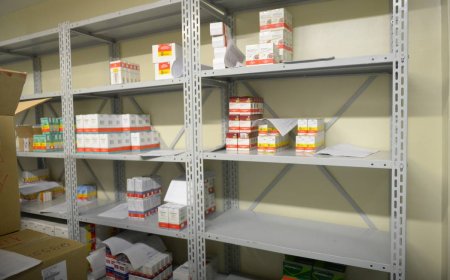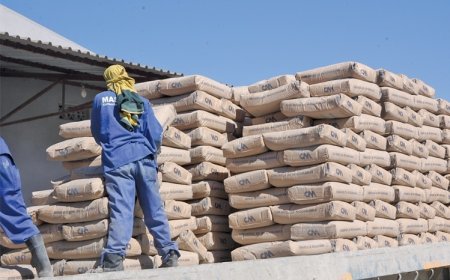Guebuza was a strategist and Nyusi an opportunist: the account of Boustani on the hidden debts
"It is to ensure that this lie does not prevail that I decided to speak out and lay everything on the table. I have a letter dated 14 January 2013, signed by the current President of Mozambique, Filipe Nyusi, validating the loans. I have photos of Mozambican officials visiting the site, dozens of letters and emails where the loans are mentioned with total clarity."
Jean Boustani, a key figure in the scheme that led Mozambique to incur a debt of approximately $2.2 billion, was detained on 1 January 2021, in Santo Domingo, Dominican Republic, accused of conspiracy to commit money laundering and fraud involving Mozambique.
Boustani, 46, born in Lebanon, was the chief negotiator for Privinvest, a shipbuilding company founded by the late Franco-Lebanese businessman Iskandar Safa, in a project aimed at creating maritime security for Mozambique's Exclusive Economic Zone (EEZ).
Having been imprisoned for nine months, tried, and acquitted by the federal court in Brooklyn, New York, Boustani published a book entitled: "The Trap - African Affairs: The Man Who Should Never Have Spoken," written with Le Point journalist Erwan Seznec.
The arrest and charges
"Finally, an investigator told me that I was being detained in connection with Mozambique," begins Jean Boustani's description of his arrest, which he claims is unjust, as he believes he never committed any crime in Mozambique, a country where he had plans to settle, as explained in the book.
"When the media started talking about Mozambique's 'hidden debt' in 2016, Privinvest treated the rumours with contempt. We knew the value of our work and our equipment. To us, it was all absurd," writes Boustani.
For Jean Boustani and Privinvest as a whole, it makes no sense that in 2016, the President of Mozambique, Filipe Nyusi, began talking about hidden loans and defective equipment, considering that "Filipe Nyusi was the Minister of Defence at the time when the loans in question were launched and the deliveries were made."
Nyusi and ignored communications
"He knows everything! It was very easy to verify," says Boustani, explaining that when the hidden debts issue arose, he made several calls and sent multiple messages, including letters to the Presidency, but Filipe Nyusi did not respond.
The Lebanese national further describes that to substantiate that no bribes were paid and that the debt incurred by Mozambique was never "hidden," he presented a letter to the Brooklyn court, proving that Nyusi knew and validated the loans.
"I have a letter dated 14 January 2013, signed by the current President of Mozambique, Filipe Nyusi, validating the loans. I have photos of Mozambican officials visiting the site, dozens of letters and emails where the loans are mentioned with total clarity," he states.
"However, I have Filipe Nyusi's mobile number: I called him ten times, sent him SMS [messages], he never responded. I even sent a letter to the presidency on 18 January 2021, without a reply," he says, believing that "sooner or later, he [Filipe Nyusi] will have to give explanations."
Guebuza was a strategist
Regarding Armando Guebuza, then President of Mozambique at the time the debt was incurred, Boustani says he was never naive and was always aware of the risks that the newly discovered natural resources in northern Mozambique could bring to the country.
"Armando Guebuza was not naive... he was aware of the risks induced by piracy and knew very well that Mozambique's resources would attract greed," writes Boustani.
To mitigate such risk, the solution was to ensure maritime security. However, this security had to be implemented by Privinvest, which offered Mozambique a "turnkey" maritime security kit, consisting, among other things, of "a satellite surveillance system, two complete shipyards on land (one in Pemba and another in Maputo)."
In Guebuza's eyes, according to Boustani, the cost of Privinvest's equipment was essentially "an insurance premium."
Guebuza stated that the project to protect the Exclusive Economic Zone was strategic and that, therefore, "no one, neither I nor any other Mozambican official, is authorised to receive a penny [in bribes or commissions] to proceed as it should. If anyone asks you for money, refuse and come talk to me."
American conspiracy
The amount of approximately $2.2 billion was contracted by three state-owned companies, namely EMATUM, MAM, and Proindicus, with sovereign guarantees, meaning that in case of inability to repay, the debt would be assumed by the Mozambican state.
Despite everything, in Boustani's view, the unsustainable levels of debt contracted by the three companies emerged with the sharp fall in hydrocarbon prices, caused by the shale gas revolution in late 2014, meaning that, against all expectations, the USA became a global hydrocarbon exporter again.
"The consequences for Mozambique are serious," says Boustani. The country, at one point, could no longer pay the debt, and almost at the same time that the country was going through this crisis, power in Mozambique was assumed by Filipe Nyusi, a man Boustani considers "inferior."
"The country was going through difficult economic times. Armando Guebuza gave way to an inferior man, Filipe Nyusi," Boustani wrote in a passage that can be found on page 61.
With deadlines tightening and to renegotiate the debt situation, Nyusi "was summoned to Washington. He was in a weak position and looking for help," details Boustani.
Regarding this trip to Washington, Boustani prefers to say "that Washington, with the support of the International Monetary Fund (IMF), took advantage of an opportunity" to further sink Mozambique's economy, which was on its way to becoming what he himself called the "Qatar of Africa" in terms of hydrocarbon production.
However, despite all the role he played in contracting the "hidden debts," Jean Boustani claims to have done nothing more than help a developing African country, in this case, Mozambique, which needed to protect its coast from numerous maritime crimes, including piracy.
He, therefore, sees himself as a "mercenary" in the service of Mozambique, captured by the Americans, "enemies" of African development.



















